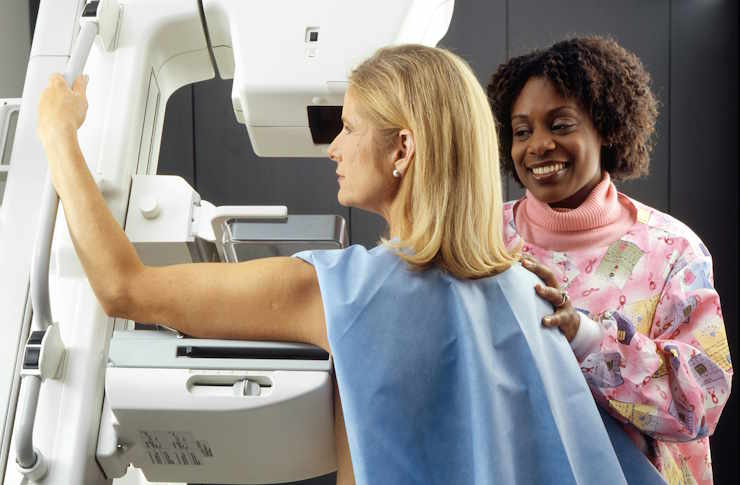Understanding Sperm Donation After 40: Key Considerations
Men over 40 considering sperm donation often face questions about health screening eligibility and long-term privacy. This brief look explains how age affects donation guidelines what medical checks are involved and how donor programs manage personal data securely.

The Sperm Donation Process for Older Men
The donation process for men over 40 follows the same general pattern as for younger donors but includes additional screening steps. Typically, the journey begins with an initial consultation where medical history is reviewed and preliminary tests are conducted. For older donors, clinics may request more comprehensive genetic screening due to the natural increase in genetic mutations that occurs with age. The actual donation procedure remains straightforward—men provide samples in a private collection room at the facility.
Most clinics require regular donations over a period of months, often requesting 1-2 donations per week for 3-6 months. This commitment allows facilities to create an adequate supply of samples from each donor. For older donors, the frequency might be adjusted based on sample quality assessments, as recovery time between donations sometimes increases with age.
Health Factors Affecting Eligibility for Donation
Age-related changes in sperm present the primary consideration for men over 40. Research shows that sperm quality parameters including motility, morphology, and DNA integrity gradually decline with age. Most notably, studies indicate increased DNA fragmentation rates in sperm from older men, which can impact fertilization success and embryo development.
Medical history becomes increasingly important for older donors. Conditions more common in middle age such as hypertension, diabetes, or elevated cholesterol may not automatically disqualify a donor but will be carefully evaluated. Family medical history receives heightened scrutiny as well, particularly regarding heritable conditions that might manifest later in life.
Weight, lifestyle factors, and medication use also factor into eligibility assessments. Certain medications commonly prescribed to men over 40, such as statins or blood pressure medications, may require additional evaluation to determine their impact on sperm quality.
Common Medical Tests Before Donation
The screening process for sperm donors over 40 is typically more comprehensive than for younger men. Standard tests include:
-
Semen analysis: Multiple samples are evaluated for count, motility, morphology, and volume
-
Blood tests: Complete blood count, metabolic panels, hormone levels (particularly FSH, LH, and testosterone)
-
Genetic screening: Testing for recessive genetic disorders, chromosomal abnormalities, and carrier status for various conditions
-
Infectious disease testing: HIV, hepatitis B and C, syphilis, gonorrhea, chlamydia, cytomegalovirus, and other communicable diseases
-
Urinalysis: Checking for infections or abnormalities
For men over 40, additional genetic screening may include tests for age-related genetic mutations. Some facilities may also recommend consultations with genetic counselors to assess family medical history more thoroughly than with younger donors.
Privacy in Donor Matching Systems
Privacy considerations become particularly important for established professionals or men with families who choose to donate later in life. Most sperm banks and fertility clinics offer tiered privacy options:
-
Anonymous donation: Donor information is limited to basic physical characteristics and medical history
-
Identity-release programs: Donors consent to have their identity revealed to offspring once they reach adulthood (typically age 18)
-
Known donation: Used when donating specifically for friends or family members
For men over 40 concerned about privacy, it’s important to understand that technological advances in genetic testing and online databases have made complete anonymity increasingly difficult to guarantee. Many facilities now counsel donors about the limitations of anonymity in the era of consumer genetic testing.
Financial Compensation and Time Commitment
Compensation structures for sperm donors vary widely between facilities and regions. While most clinics don’t offer higher compensation based solely on age, some may provide premium rates for donors with advanced degrees, unique genetic backgrounds, or exceptional sample quality—factors that sometimes coincide with older donors.
| Sperm Bank | Base Compensation | Commitment Period | Additional Requirements for 40+ Donors |
|---|---|---|---|
| California Cryobank | $100-150 per approved sample | 6-12 months | Additional genetic screening |
| Fairfax Cryobank | $80-200 per approved sample | 6-12 months | More frequent health updates |
| Seattle Sperm Bank | $70-100 per approved sample | 3-6 months | Age cutoff typically at 39 |
| Xytex | $500 per month with regular donations | 6 months minimum | Case-by-case evaluation after 40 |
Prices, rates, or cost estimates mentioned in this article are based on the latest available information but may change over time. Independent research is advised before making financial decisions.
Beyond direct compensation, potential donors should consider the time commitment. The screening process for older donors can be more extensive, sometimes requiring additional appointments for specialized testing. Regular donation appointments, follow-up testing, and health updates all require significant time investment over several months.
Long-term Considerations for Older Donors
Men over 40 who become sperm donors should consider several long-term implications of their decision. Children conceived through donation may reach out once they’re adults, particularly in open-identity programs. This potential contact could occur when the donor is in his 60s or beyond.
Medical advances continue to improve our understanding of genetic health. Future discoveries about heritable conditions might necessitate updates to donor profiles or notifications to recipients. Most reputable facilities have protocols for contacting donors years later if medically relevant information needs to be communicated.
Many donors also report psychological benefits from donation, including satisfaction in helping others build families. For men over 40 who may have completed their own families, this aspect of donation can be particularly rewarding.
While age does introduce additional considerations to the sperm donation process, motivated donors in good health can still participate in helping individuals and couples achieve their dreams of parenthood.
This article is for informational purposes only and should not be considered medical advice. Please consult a qualified healthcare professional for personalized guidance and treatment.




